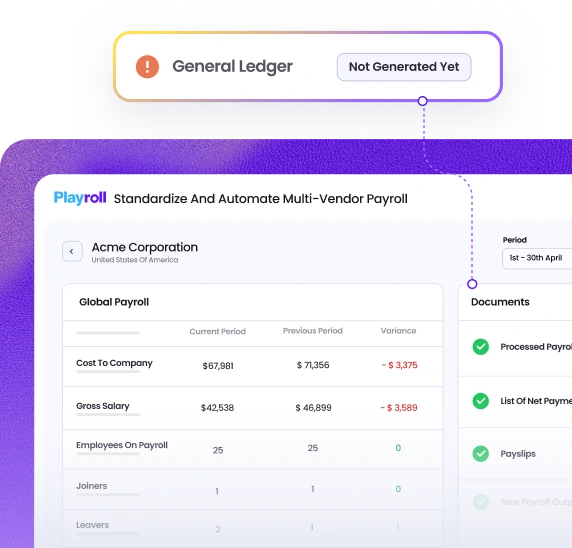What is a Good Salary in Hawaii?
What is considered a 'good' salary can vary based on factors like location, lifestyle, and industry. A salary in the range of $60,000 to $80,000 is generally considered comfortable for a single person in Hawaii, allowing for a modest lifestyle, though this can vary depending on the specific area. High-paying fields like healthcare and technology can offer salaries reaching up to $120,000 to $150,000, while more common roles such as teachers or administrative assistants typically earn around $40,000 to $55,000 annually.
Average Salary by Cities in Hawaii
The cost of living can vary widely from one city to another, and that impacts both how far salaries stretch and what professionals expect in terms of pay. Cities with higher living costs – like those with hot housing markets or tech hubs – tend to have higher salary expectations.
Familiarizing yourself with the average salary ranges per location can help you plan better and make sure your compensation packages are in line with local expectations to attract and retain top talent. Here’s a quick look at salary ranges across different cities in Hawaii, to get a sense of competitive salaries based on local factors:
| City | Monthly Salary | Annual Salary |
|---|
| Honolulu | $5,106 | $61,287 |
| Hilo | $3,917 | $47,000 |
| Kailua | $4,667 | $56,000 |
| Maui (Kahului) | $4,292 | $51,500 |
| Waimea (Big Island) | $4,167 | $50,000 |
Salary Earnings Based on Experience Level in Hawaii
Salaries naturally increase with experience – this applies to both new hires and existing team members. When planning for new positions, it's important to consider how salary ranges change at different seniority levels. This will help ensure you're meeting salary expectations, retain employees and create a fair working environment.
Here’s a breakdown of how monthly and annual salary ranges grow with experience in Hawaii:
| Experience Level | Monthly Salary | Annual Salary |
|---|
| Entry-Level Jobs (0-2 years experience) | $2,917 - $3,750 | $35,000 - $45,000 |
| Mid-Level Jobs (3-5 years experience) | $4,167 - $5,833 | $50,000 - $70,000 |
| Senior Roles & Managers | $6,250 - $7,917 | $75,000 - $95,000 |
| Executive & C-Level | $10,000 - $16,667+ | $120,000 - $200,000+ |
Average Salaries by Job Title in Hawaii
Building a competitive compensation package means knowing what the going rate is for specific roles. We’ve compiled the most recent salary data by job title for Hawaii, making it easier for you to compare roles, match your offers with the market, and make sure your team is paid fairly.
| Job Title | Monthly Salary | Annual Salary |
|---|
| Retail Sales Associate | $2,500 - $2,917 | $30,000 - $35,000 |
| Software Developer | $6,250 - $8,333 | $75,000 - $100,000 |
| Accountant | $5,000 - $6,667 | $60,000 - $80,000 |
| Administrative Assistant | $3,333 - $4,167 | $40,000 - $50,000 |
| Financial Analyst | $5,417 - $7,083 | $65,000 - $85,000 |
Highest Paying Jobs in Hawaii
- Surgeon: $400,000+
- Anesthesiologist: $350,000 - $450,000
- Psychiatrist: $250,000 - $350,000
- Orthopedic Surgeon: $300,000 - $400,000
- Chief Executive Officer (CEO): $200,000 - $350,000+
- Dentist: $200,000 - $250,000
- Pediatrician: $200,000 - $250,000
- Software Engineer: $100,000 - $130,000
- Pharmacist: $120,000 - $150,000
- Attorney (Corporate): $130,000 - $200,000
Monthly Cost of Living in Hawaii
In Hawaii, the cost of living is significantly higher than the national average, driven by several factors. Housing expenses are 150% higher than the national average, with limited space and high demand for properties in desirable areas. Utility costs are also notably higher, about 50% above the national average, largely due to the state's remote location and reliance on imported energy sources. Transportation expenses, including gas prices, are around 30% higher than the national average, reflecting the challenges of shipping goods to the islands and the high cost of living in a remote location.

Median Home Price
$752,600
Compliant, In-State Payroll Processing in the U.S. with Playroll
We cut payroll processing time by 80%, ensure full compliance, and provide hands-on support for both employers and employees.
-

Local, state-accurate payroll execution
-

Consolidate payroll inputs and variance reporting
-

State-specific compliance, taxes, and filings built-in







.svg)
.svg)
.svg)








.svg)



.png)
.webp)
.webp)








.svg)